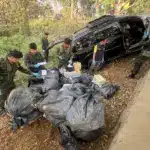China’s President Xi Jinping is facing a troubled nation as economic setbacks, rising unrest, and power struggles put his authority to the test. The Communist Party, once unshakable, now shows signs of weakness. Xi’s dream of “national rejuvenation” is slipping away.
The property market is in serious trouble, empty cities multiply, and joblessness climbs. Public anger grows as the government’s pension fund shrinks and the economy slows. Many wonder if Xi’s rule is cracking. According to the BBC, turmoil is gripping China in 2025.
Pressure on Xi mounts as economic growth, the Party’s main source of support, falls apart. Youth unemployment jumps, hitting 30% in some places. The housing market, China’s main source of family wealth, drops sharply.
House prices in 70 major cities fell by 2.5% this year, wiping out trillions in value. Empty towers and unfinished homes are everywhere. The pension fund is running low, putting retirement at risk for millions. Protests grow louder, and trusted Party figures are removed. Xi’s answer has been to tighten his grip even more.
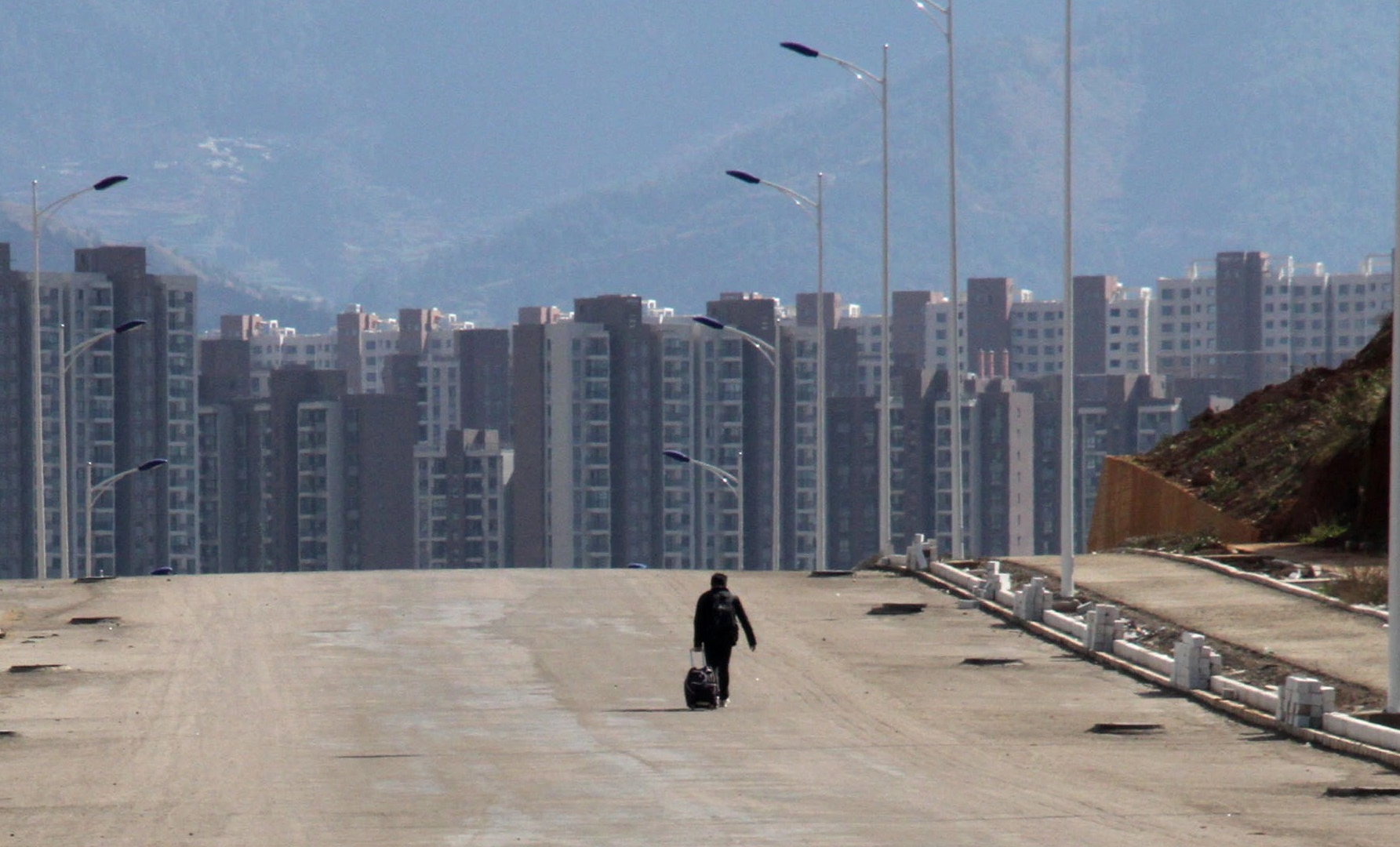
China’s Housing Market in Freefall
China’s property sector is collapsing. Once driving nearly a third of GDP, it now drags the economy down. Major developers like Evergrande and Country Garden teeter near bankruptcy. Prices fell 2.5% in 2025 alone, and even more in smaller towns. Many families who invested their savings face huge losses. People like Clara Liu in Hangzhou own empty flats they can’t sell without taking a hit.
The root of the crisis is Xi’s “three red lines” policy from 2020, which limited developers’ borrowing. Cash dried up, Evergrande defaulted, and building stopped. Half-finished projects dot cities, and homebuyers stopped paying mortgages, leading to protests.
Local governments, which relied on selling land, now face budget shortfalls. Xi’s slogan, “houses are for living, not speculation,” has backfired.
Government attempts to fix things, like cutting interest rates and bailing out developers, only slow the fall. Most people expect prices to keep dropping. The property slump hits other sectors too, from steel and cement to construction jobs. With 70% of household wealth tied to property, each 5% drop means a $2.7 trillion loss, according to Bloomberg. Xi must choose whether to support the market or let it crash.
Ghost cities are now a familiar sight. Hegang, once a busy mining town, is left with rows of empty high-rises. These areas, built for rapid growth, are mostly deserted. Developers and local leaders borrowed big to build them, expecting buyers who never came. Some flats are unsold, while others sit empty as investments.
These ghost towns show deep problems. Local officials, chasing growth targets, raised land prices and built for a middle class that never arrived. In cities like Foshan, even easing buying rules hasn’t helped. Many wait for prices to drop further before buying. The old model of endless building is falling apart.
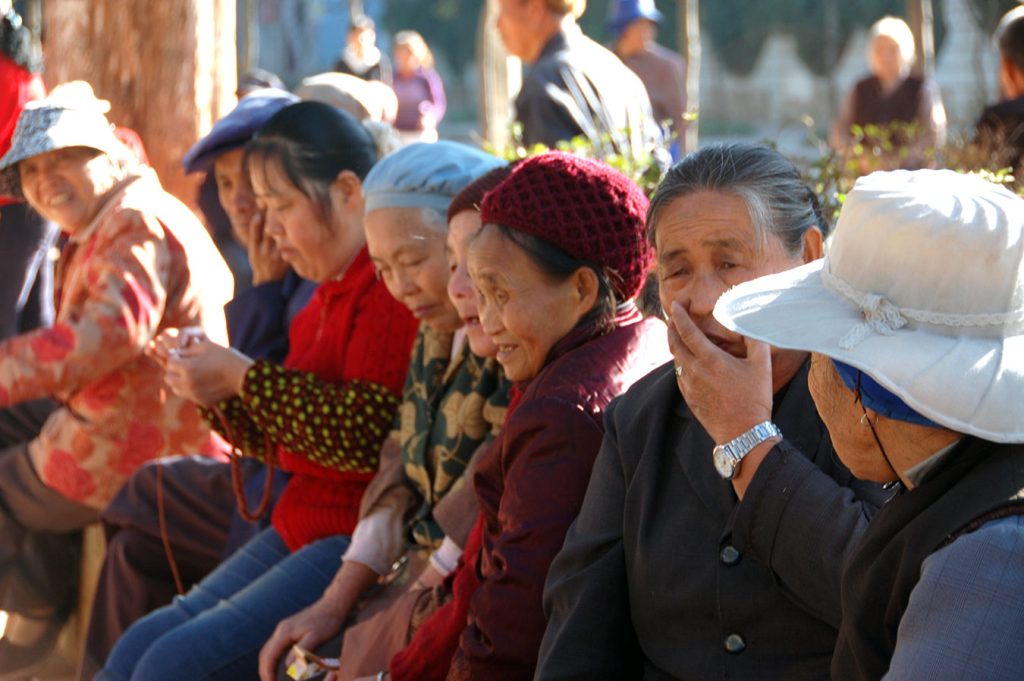
State Pension System in Trouble
China’s pension fund is also stretched thin. The population is ageing fast, shrinking the number of workers. The working-age group is set to fall to 767 million by 2050 from nearly a billion now. The cost of caring for the elderly keeps rising, but the pension fund is drying up. Some economists say funds should be shifted from the military or state firms, but Xi puts security first.
Local governments, already low on cash from the housing crisis, can’t keep up with pension payments. Demands from Beijing increase the strain. Without big changes, many will face poverty in retirement. Xi’s refusal to boost social spending weakens the Party’s promise of prosperity in exchange for loyalty. Many now fear for their future as the safety net vanishes.
Joblessness is a growing threat. Official data puts urban unemployment at 5.8%, but many believe it’s much higher, especially among the young. Reports suggest up to 30% of those aged 16-24 can’t find work. Over 10 million graduates joined a shrinking job market in 2024.
The property crash and slow growth have wiped out jobs, especially in construction. Factories face overcapacity and cut workers. Crackdowns on tech firms have hurt private giants like Alibaba and Tencent. Foreign businesses, put off by new rules, are leaving. Major investors like Softbank and Berkshire Hathaway are pulling out.
Job losses fuel unrest. Protests rose by 21% in late 2024, according to the China Dissent Monitor. In Henan, workers rioted over frozen savings linked to failed property loans. The government’s reply has been more surveillance and tighter controls. The People’s Daily called for “high vigilance,” but silencing critics only adds to public frustration.
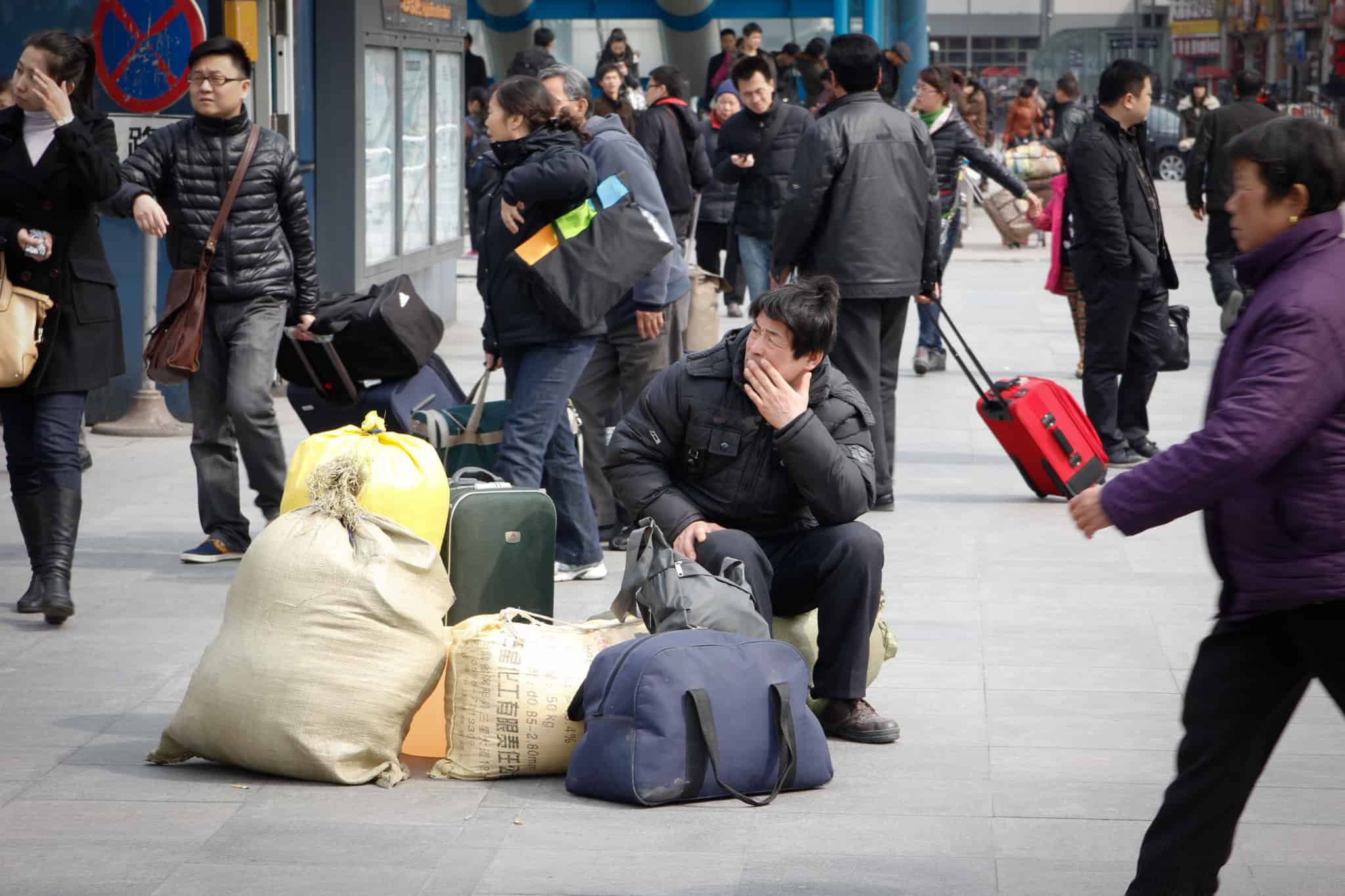
Economic Slowdown Sets In
China’s economy is losing speed. Official figures show 5% growth in 2024, but many doubt this. Some put real growth closer to 1-2%. Deflation is a worry, with prices falling at the fastest rate in 15 years. Retail and consumer spending are weak.
Xi’s focus on state control has worsened the slowdown. State-run firms are favoured over private ones. The Belt and Road Initiative is struggling, with little to show for the investment. Foreign direct investment fell to $33 billion in 2023, the lowest in three decades. The currency weakens, and money leaves the country.
Government stimulus efforts—over $200 billion in 2022—have not boosted demand. Xi is cautious about reform, fearing it would weaken Party control. The IMF expects growth to drop to 3.5% by 2028. Without serious changes, China could face a lasting economic slump.
Xi’s authority faces open doubt within the Party. Purges of top leaders point to discord. Former Foreign Minister Qin Gang vanished from public life in 2023. Two defence chiefs were sacked in 2024. “Anti-corruption” drives, which saw 2.3 million officials punished, doubled as loyalty tests.
By removing term limits in 2018, Xi took full control. But with the economy failing, his image is fading. The National People’s Congress praised his rule in 2025, but behind the scenes, confidence is low. Some of the elite, known as princelings, are moving overseas.
Public trust is falling. Phrases like “lying flat” and “let it rot” spread among the young, showing a loss of hope. The deal—wealth in return for obedience—is coming apart. Xi’s hardline stance is pushing away even moderates. Calls for him to step down are growing, though they quickly shut down.
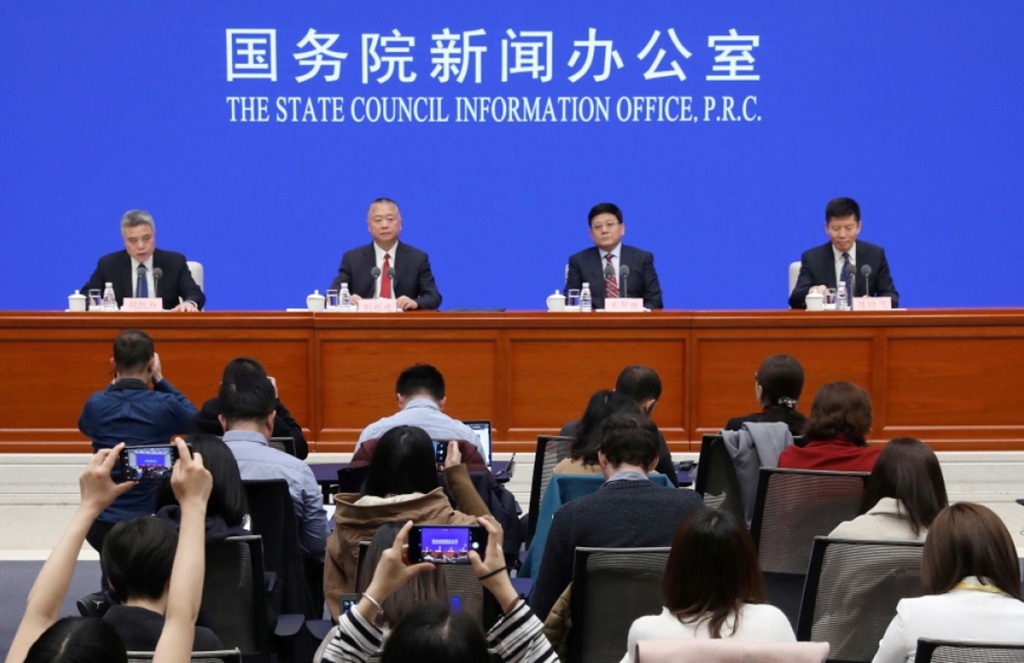
Xi Chooses Control Over Change
Rather than change course, Xi is tightening control. He has stepped up internet censorship, blocking more loopholes in the Great Firewall. New security laws silence critics. Tech bosses may get friendly words, but heavy rules remain.
Xi refuses to rescue the housing sector, focusing instead on high-tech and the military. Measures to boost spending at home are small and don’t solve the bigger problems. Outside China, Xi keeps up a tough stance to distract from troubles at home.
China stands at a turning point. The property market crash, empty cities, and pension problems have shaken public faith. High unemployment and weak growth have sparked protests. Even the Party’s unity looks less certain. Without reform, China risks repeating mistakes seen in other rigid systems.
Still, the Communist Party has shown it can survive tough times before. Xi’s rule, though shaken, remains for now. The next steps he takes will shape China’s future—and the world is watching closely.








